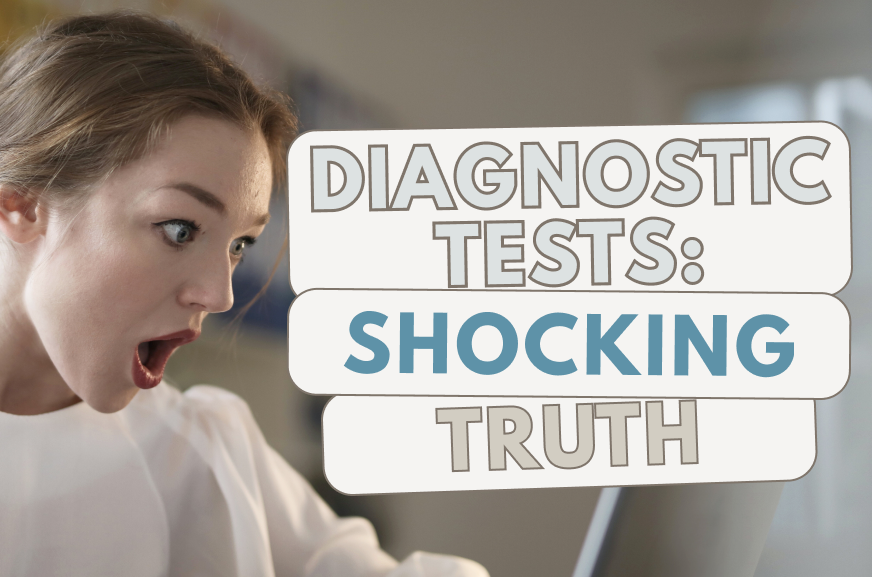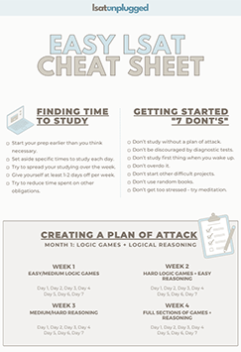Many prep companies offer free proctored LSAT diagnostic tests. At first, this seems like a good idea. You take a free LSAT PrepTest under test-like conditions, and your test score lets you know where you stand before doing any prep.
In exchange, prep companies get all your contact info and the opportunity to market their prep courses to you at the end of the exam (and via email and phone, unless you give them a fake email address and phone number).
So what’s my problem with free LSAT diagnostics? After all, sitting through a sales pitch in exchange for free stuff is a time-honored tradition.
However, free LSAT diagnostics aren’t as useful as they might sound. Most people take them before doing any studying at all. Diagnostic results are misleading. Everyone improves with some exposure to the exam, whether it’s through self-studying, tutoring, or a prep course.
Because most people don’t use LSAT-style thinking in everyday life, seeing the LSAT for the first time at the diagnostic is like taking a diagnostic in a language you’ve never spoken. The diagnostic doesn’t come close to measuring your ability – it just demonstrates what you already know — that you haven’t learned the language yet.
Suppose you wanted to learn French, but you only knew a few random words of French. Would you take a diagnostic to see where you needed to focus? Of course not. With virtually no knowledge of the language, there wouldn’t be any point – the results would be meaningless.
Same goes for the LSAT. Although the LSAT isn’t actually a foreign language, it can seem like one the first time around. “Logic Made Easy” (interview) demonstrates several ways we’re less logical in everyday life than you might think.
Logic is learnable, but it requires practice.
Taking a timed LSAT diagnostic before learning any strategies is like being sent off to war without any training, supplies, or body armor. Sure, it’s a wake-up call, but is it really necessary?
After discussing these diagnostics with many of you, it sounds like you find it frustrating to sit through a full exam before learning any strategies – with no systematic approach to Logical Reasoning, no idea of how to attack Reading Comprehension passages, no diagramming techniques for Logic Games…
Not only can it be discouraging, but it actually wastes a recent exam you could’ve used to gauge your ability after learning the strategies. Being able to take that exam later in your prep would’ve actually yielded meaningful results.
So what should you do about the free LSAT diagnostics offered by the major companies? If you don’t mind the sales pitch, take one at the end of your prep, and use the experience to simulate test-like conditions. You can even bring your own PrepTest if you don’t want to use theirs.
***
What do you think? Are LSAT diagnostics taken at the beginning of your prep worthwhile, or are they a waste?
Leave your thoughts in the comments section!

